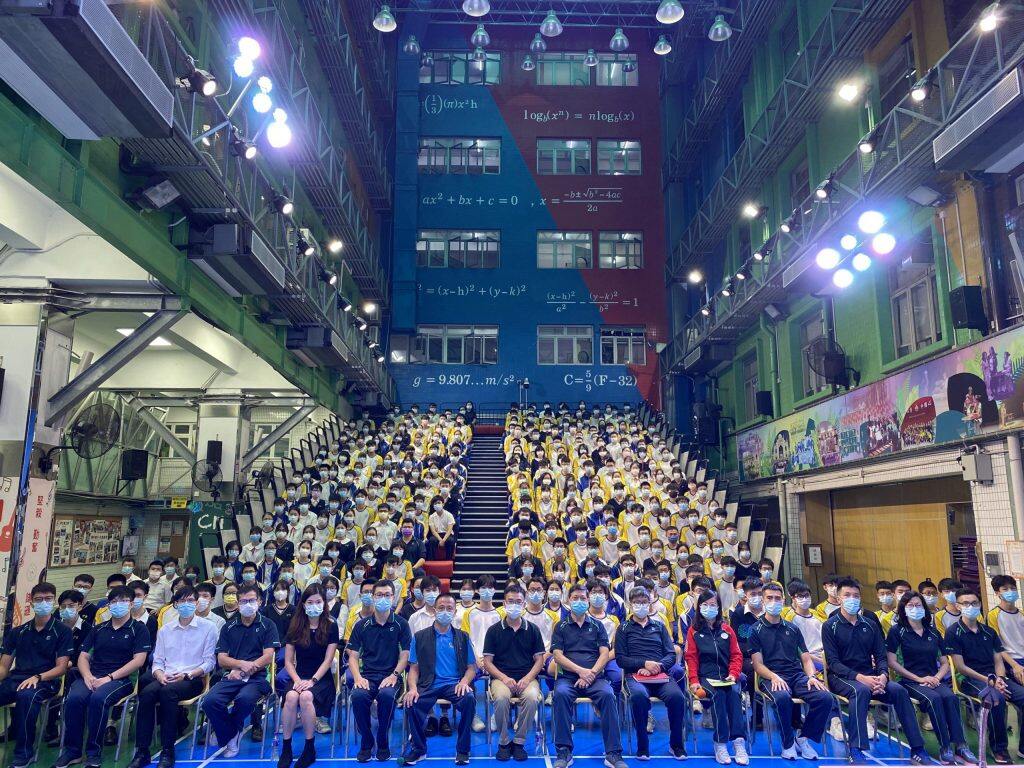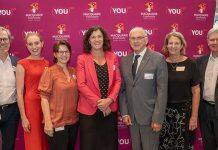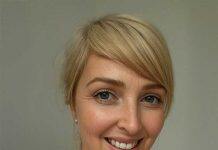To stimulate local high school students’ interest in learning science, the University of Macau (UM) Faculty of Health Sciences (FHS) organised two science talks on biomedical sciences. FHS professors shared knowledge about cell motility and transgenic technology with over 370 secondary school students to increase their interest in biomedical sciences.


Associate Professor Leo Lee Tsz On delivered a talk titled “Transgenic Animals for Research: What Do They Teach Us?’ to Form 5 students of Keang Peng School. According to Prof Lee, transgenic technology is a breakthrough in molecular biology since transgenic animals are routinely used in laboratories as models in biomedical research. These genetically modified animals are important tools for understanding the pathology of genetic diseases, developing effective treatments for diseases, analysing gene functions in the context of disease susceptibility, and determining responses to a therapeutic intervention. These animals have made significant contributions to scientific research, especially in cancer research and drug development. In response to students’ questions, Prof Lee said that researchers must strictly adhere to ethical norms while pursuing research and innovation, and that human beings should not be genetically modified.
Assistant Professor Chang Wakam delivered a talk titled on cell motility to Form 4 and Form 5 students of Escola Choi Nong Chi Tai. Prof Chang discussed the importance of cell motility with examples like embryo development and tumour metastasis. He also talked about the mechanisms of cell movement with fluorescent images and live-cell movies. He guided the students to understand how cell motility is regulated and how it defects in Hutchinson-Gilford progeria syndrome, a premature aging disease. He further explained its role in understanding normal aging and the development of anti-aging treatment.
Professors shared biomedical sciences knowledge with vivid real-life examples. They also encouraged students to maintain their enthusiasm for science as there are still many scientific mysteries waiting to be solved.
Source: Faculty of Health Sciences, University of Macau







































